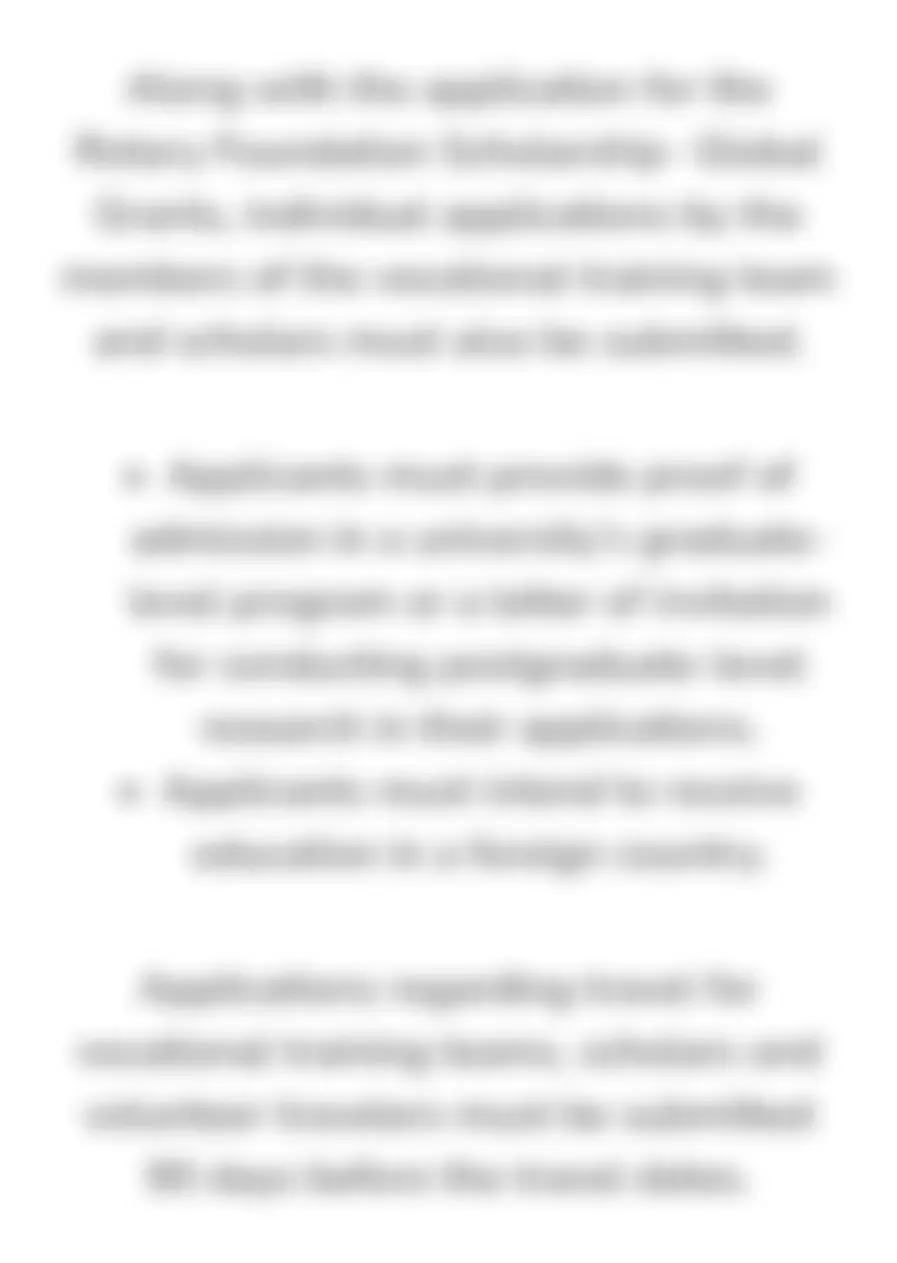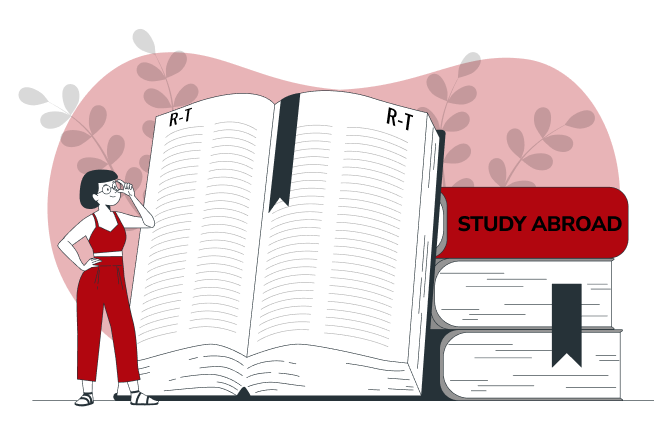QS Rank:

46

The University of British Columbia, Vancouver

British Columbia
,Canada

Program Name
Msc in Land and Food Systems
Overview
The Master of Science in Land and Food Systems at The University of British Columbia, Vancouver is an innovative program designed for individuals passionate about food systems, sustainability, and agricultural sciences. This esteemed MS program is known for its comprehensive curriculum that focuses on Food Service Systems Administration, equipping students with the knowledge and skills needed to address the complexities of modern food systems. The University of British Columbia is recognized globally, sitting at an impressive 46th place in the QS World University Rankings, making it a favorable choice for international students seeking quality education.
At UBC, students delve into the intricacies of land and food systems through an interactive curriculum that combines theoretical knowledge and practical learning. The program emphasizes real-world applications, thus preparing graduates to tackle pressing challenges in food security, environmental sustainability, and community health. Students can expect to engage in rigorous coursework that covers a range of topics including food policy, environmental management, and advanced research methodologies. This program is particularly well-suited for those aiming to pursue careers in academia, industry, or non-profit sectors focused on food systems.
The faculty at UBC's Faculty of Land and Food Systems is a cornerstone of the program’s success. Comprising esteemed scholars and practitioners, the faculty members bring a wealth of expertise and diverse backgrounds to the classroom. Professors employ a range of innovative teaching methodologies, including collaborative projects, hands-on workshops, and field research, to foster a dynamic learning environment. The close-knit faculty-student relationships also enable students to receive personalized mentorship and guidance in their academic pursuits and research initiatives.
A significant feature of the MS in Land and Food Systems is the abundance of research opportunities available to students. UBC houses state-of-the-art facilities and research labs, providing students with access to cutting-edge technology and resources. This unique environment encourages students to engage in meaningful research projects that contribute to advancements in sustainable agriculture, food security, and environmental stewardship. Furthermore, UBC promotes interdisciplinary collaboration, allowing students to partner with other departments and research institutes to broaden their understanding of food systems on a global scale.
Beyond academics, UBC offers robust industry connections, providing students with numerous internship and networking opportunities. The university collaborates with leading organizations, non-profits, and government agencies committed to improving food systems. This access to real-world experience greatly enhances students' employability and prepares them for impactful careers. Alumni from the program have gone on to achieve notable positions in various sectors, ranging from being environmental scientists to policy analysts and sustainability consultants.
Why Study Land and Food Systems at The University of British Columbia, Vancouver
- A renowned institution with global recognition, fostering a diverse community of international students.
- Access to distinguished faculty members who are leaders in their respective fields, providing valuable insights and mentorship.
- Cutting-edge laboratories and research facilities that enhance learning and innovation in food systems.
- Strong placement programs and industry partnerships, facilitating internships and job placements after graduation.
- A vibrant campus experience with numerous cultural, social, and academic events that enrich student life.
To gain admission into the Master of Science in Land and Food Systems, applicants must hold a bachelor’s degree (or equivalent) in a relevant field, such as agriculture, environmental science, or natural resource management. A strong academic record, with a minimum GPA of 3.0, is essential. Candidates must demonstrate a keen interest in the complexities of land and food systems, showcasing their analytical and problem-solving skills through a well-written Statement of Purpose and Letters of Recommendation. Additionally, candidates should be proficient in English, evidenced by standardized test scores such as the TOEFL or IELTS.
The program's curriculum is structured to provide a well-rounded education. Core courses may include topics such as Advanced Food Systems Analysis, Sustainable Agriculture, and Food Policy Development. Students will also have the opportunity to select electives that align with their career goals and interests, such as Urban Agriculture, Food Entrepreneurship, and Global Food Security. Moreover, the program culminates in a research thesis or project, allowing students to apply their learning in real-world contexts.
Career pathways for graduates of the MS in Land and Food Systems are varied and promising. Alumni have found success in diverse roles across sectors, including academia, government agencies, non-profits, and private industries. Potential job titles include Environmental Scientist, Food Policy Analyst, Sustainability Consultant, and Researcher. Graduates often work with reputable organizations such as The Nature Conservancy, World Wildlife Fund, and the Government of Canada, contributing to meaningful change in food systems and sustainability practices.
The median base salary for graduates is approximately CAD 55,000, with opportunities for growth and advancement in the field. As the demand for sustainable food systems increases globally, graduates from UBC are well-positioned to make significant contributions and drive innovation in this critical area.
In conclusion, the Master of Science in Land and Food Systems at The University of British Columbia, Vancouver, is an exceptional choice for students aiming to immerse themselves in the field of food systems and sustainability. With a robust curriculum, expert faculty, and rich research opportunities, this program prepares students not just for academic excellence, but for impactful careers that address some of the most pressing challenges of our time. The combination of high-quality education, industry connection, and a supportive learning environment makes UBC a prime destination for aspiring leaders in Land and Food Systems.

Duration
12 Months

Median Salary
$55,000
Ranking

#46
QS World University Rankings
Class Profile


Want to Know More? 🤔
Sign up now to access detailed information tailored for your study abroad journey.
Start your journeyCareer Outcomes

Median Earnings After Graduation
$55,000 / year
Prospective Job Roles
Farmer
Teacher
Entrepreneur
Environmental Scientist
Nonprofit Leader
Food Policy Analyst
Sustainability Consultant
Writer
Researcher
Policymaker
Top recruiters






Eligibility Criteria
English Proficiency Tests
TOEFL
90

IELTS
6.5

Application Requirements
Here's everything you need to know to ensure a complete and competitive application—covering the key documents and criteria for a successful submission.

Transcript

Academic LOR

Resume
Application Deadlines
Fees and Funding

Tuition Fees
$9,131 / year
Funding Options
External Sources - Scholarships
Department Funding
Scholarships

UBC Graduate Scholarship

UBC Land and Food Systems Scholarship

UBC International Student Scholarship
FAQs
A student can complete Land and Food Systems at The University of British Columbia, Vancouver with in 12.
The application fee to pursue Land and Food Systems at The University of British Columbia, Vancouver is CAD 168 for international students.
The annual tuition fee to pursue Land and Food Systems at The University of British Columbia, Vancouver is CAD 9131.
The submission of these scores mainly depends on the type of degree/ course selected at the The University of British Columbia, Vancouver. For example, the GMAT test is required to take admission to an abroad graduate management program, the LSAT is required during an abroad Law School admission process, and more. Therefore, check The University of British Columbia, Vancouver requirements before submitting a score.
Land and Food Systems can help Indian/ international students gain: 1. Quality and Practical Education 2. Global Recognition 3. International Exposure 4. Amazing Job Opportunities 5. Experience of Lifetime and more
If a student fulfils all the eligibility criteria and admission requirements of The University of British Columbia, Vancouver, they can easily pursue Land and Food Systems. The basic eligibility criteria include the following: 1. A GPA above 3 2. Well-written Statement of Purpose 3. An impressive Letter of Recommendation 4. A Work Experience Certificate (if required) 5. A Statement of Financial Proof 6. Academic Transcripts 7. Valid Visa, etc.
An MS degree at The University of British Columbia, Vancouver can usually be completed in 2 years. However, many universities offer a 1-year master’s specialisation as well. You can explore the official The University of British Columbia, Vancouver website to check the course/ degree duration.
One can apply for scholarships to pursue their international education at The University of British Columbia, Vancouver by: 1. Looking for country-specific scholarships by contacting the specific scholarship institutions. 2. Applying to or finding out if any subject-specific scholarships are available from the university website/ department.









Ready to elevate your study abroad journey?
Book a call with us now and take the first step towards your global future!
We Value Your Privacy
We use cookies to improve your experience, analyse performance, and personalise content. Learn more in our Privacy Policy.















